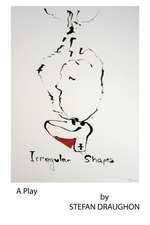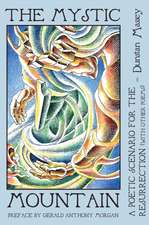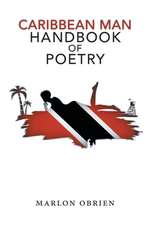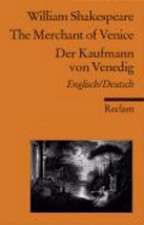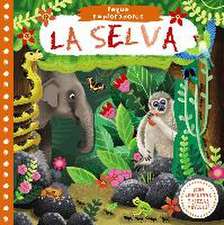King Lear: The Annotated Shakespeare
Autor William Shakespeare Introducere de Burton Raffel Contribuţii de Harold Bloomen Limba Engleză Paperback – 24 mai 2007
King Lear, one of Shakespeare’s darkest and most savage plays, tells the story of the foolish and Job-like Lear, who divides his kingdom, as he does his affections, according to vanity and whim. Lear’s failure as a father engulfs himself and his world in turmoil and tragedy.
This fully annotated version of King Lear makes the play completely accessible to readers in the twenty-first century. It has been carefully assembled with students, teachers, and the general reader in mind. Eminent linguist and translator Burton Raffel offers generous help with vocabulary and usage of Elizabethan English, pronunciation, prosody, and alternative readings of phrases and lines. His on-page annotations provide readers with all the tools they need to comprehend the play and begin to explore its many possible interpretations.
Preț: 32.25 lei
Preț vechi: 35.85 lei
-10% Nou
6.17€ • 6.40$ • 5.16£
Carte indisponibilă temporar
Specificații
ISBN-10: 0300122004
Pagini: 256
Dimensiuni: 127 x 197 x 17 mm
Greutate: 0.18 kg
Editura: Yale University Press
Colecția Yale University Press
Seria The Annotated Shakespeare
Recenzii
Notă biografică
Descriere
Textul de pe ultima copertă
The text of the play included here, prepared by Craig Walker for The Broadview Anthology of British Literature, has been acclaimed for its outstanding introductory material and annotations, and for its inclusion of parellel text versions of key scenes for which the texts of the Quarto and the Folio versions of the play are substantially different.
Also included in this edition are excerpts from a variety of literary source materials (including Geoffrey on Monmouth's Historia Regum Britanniae, the anonymous True Chronicle Historie of King Leir, and Samuel Harsnett's A Declaration of Egregious Popish Impostures); material on the historical Annesley case that raised many of the same issues as does Shakespeare's play; and the happy ending from Nahum Tate's version of the play, which held the stage for 150 years after its first performance in 1681.









